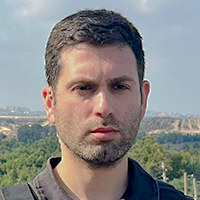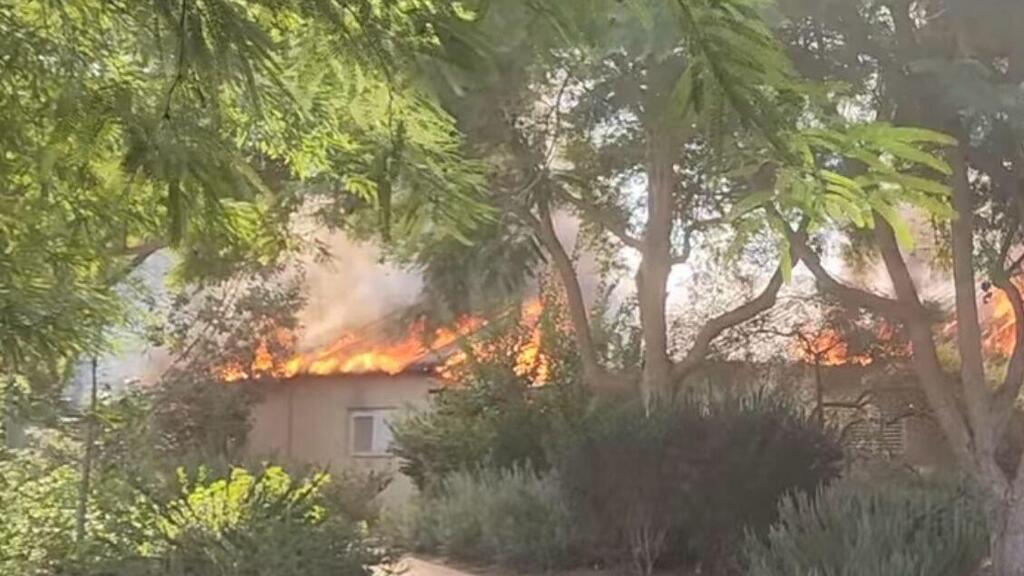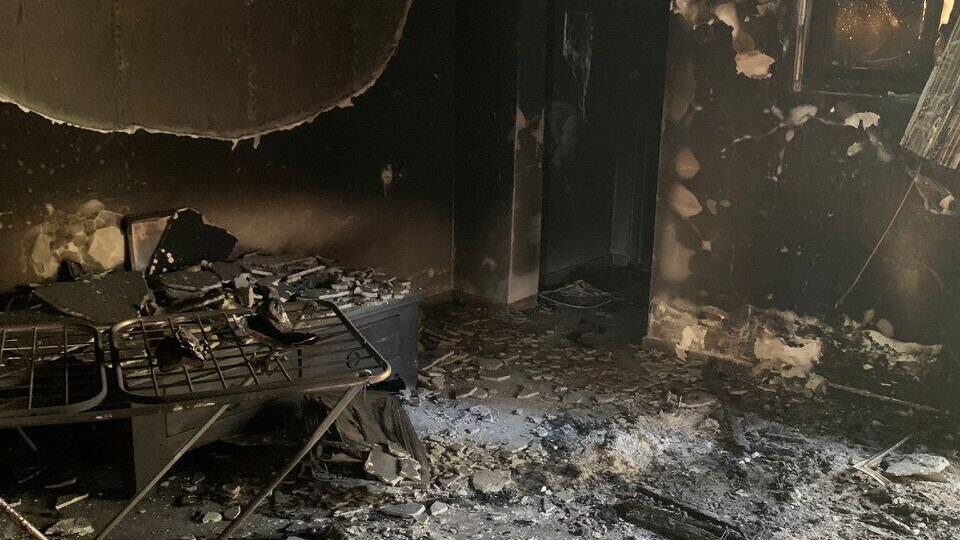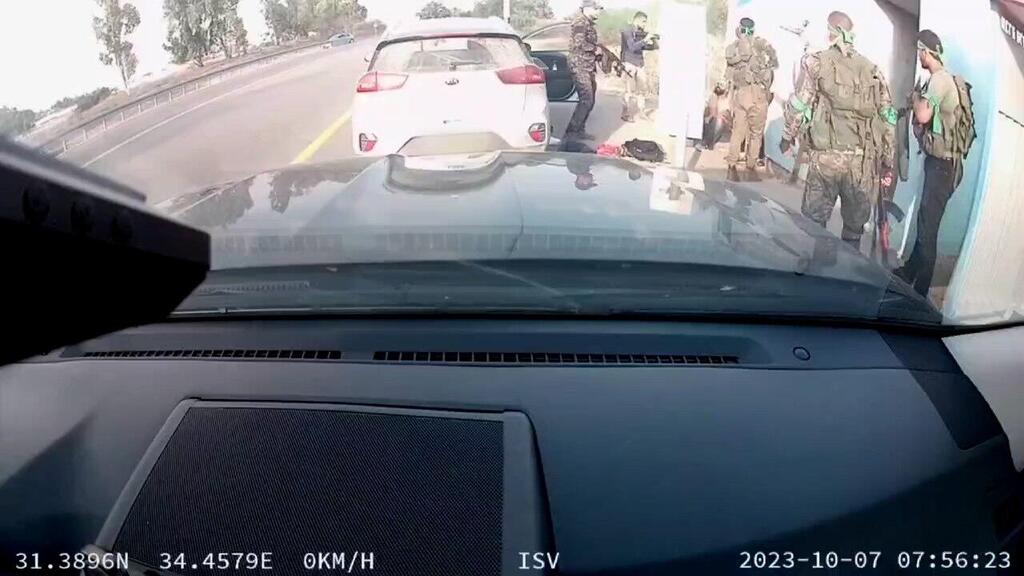Getting your Trinity Audio player ready...
Senior members of the Israel Defense Forces have been consulting with lawyers ahead of the inquiry into the failings of October 7 that was announced by Chief of Staff Herzi Halevi last month. Military attorneys have been advising some of the officers who may be questioned in the coming days, Ynet has learned.
More stories:
The military is making attorneys available to all members of the IDF from all branches for consultation, including reservists, and they will accompany the officers throughout the process. This is an unprecedented event in its scope and character and is meant to prevent self-incrimination.
The inquiries are expected to be completed by late May and then be presented to the General Staff and the public and will be the basis of a national commission of inquiry that is to be empaneled and work throughout the year, unless the government steps in to delay or disrupt it. The testimonies given by those questioned could be used against them in the national commission or in criminal proceedings but would initially be part of the military's own probe.
At the start of the war, senior officers refused to begin the inquiry, fearing a blame game between the military intelligence, the Southern Command, the General Staff and even the Shin Bet. The various units have already conducted internal inquiries to have contemporaneous records of events and ensure that failings to not continue and adversely affect the fighting.
"There are many rights afforded to those under investigation and the Military Defender's Office has the mandate to advise officers appearing before a commission of inquiry, and therefore provide advice in advance," an official in the IDF's justice system said. "There is an over-motivation of some officers to assume responsibility but not all must resign," he said. "There will also be a lot of blame cast inside the IDF so everyone must understand the significance of what is being said in the inquiry."
In practical terms, such legal advice could delay some of the inquiry while officers in command post positions would have an advantage over those who have been fighting in Gaza.
Officials in the military believe officers in fighting units in the field will have to respond to incidents of civilian casualties – whether Israeli or Palestinians - that occurred during the chaos of the early hours and days of the war. The findings of such an inquiry could affect their professional future.
"The IDF Defender's Office is advising military personnel and representing them including when they appear before inquiries," the military said in a statement. " for obvious reasons of confidentiality, the details cannot be discussed."





